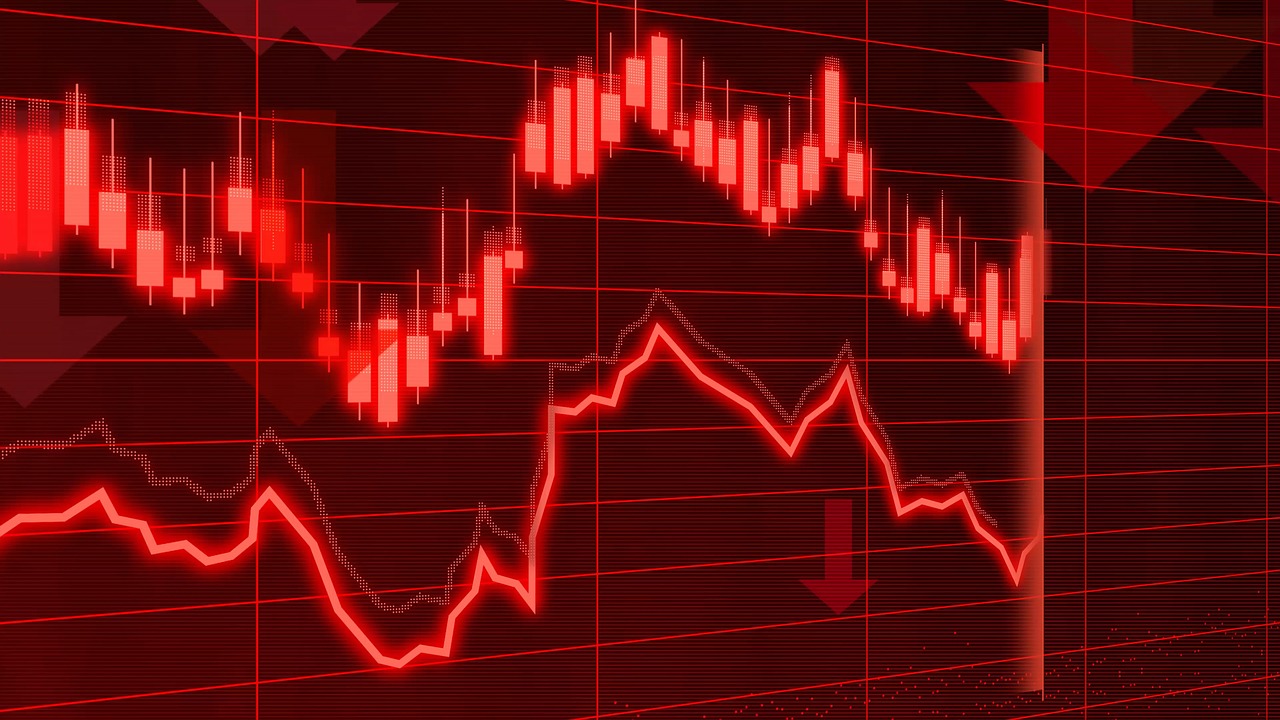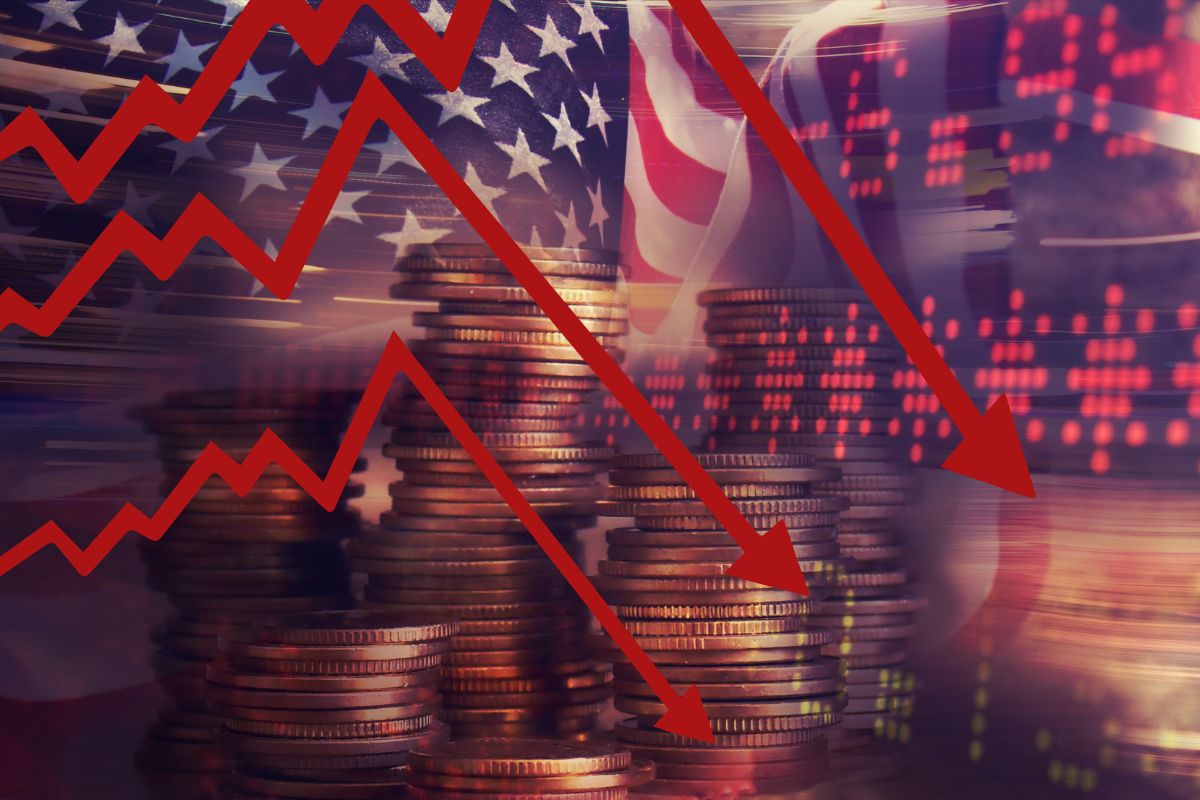In a volatile environment, most Latin American benchmarks declined throughout last year, which led to significant variations in underperformance rates among active managers depending on the country and asset class.
S&P Dow Jones Indices published its year-end 2024 SPIVA Scorecard for Latin America. This report assesses the performance of actively managed funds domiciled in Brazil, Chile, and Mexico against their respective benchmarks across multiple time horizons.
Thus, equity fund managers in Mexico and fixed income fund managers in Brazil fared better than most, as fewer than half of the funds in these categories underperformed their benchmarks. In all other categories, the majority of active funds underperformed in 2024.
“Performance slowed across most Latin American equity markets in 2024. With the sole exception of Chile, all other major equity benchmarks analyzed in this report posted negative returns during the year,” explained Joe Nelesen, Head of Specialists of Index Investment Strategy at S&P DJI.
These were some of the key highlights from the 2024 SPIVA Scorecard for Latin America:
Fewer than one in five active equity fund managers in Mexico (18.6%) underperformed their benchmark over a one-year horizon. Over longer time periods, however, outperformance remained a challenge.
The year 2024 marked the eighth consecutive scorecard in which Mexican equity funds had the highest three- and five-year survival rates among Latin American fund categories.
In 2024, 58.0% of Brazilian mid-/small-cap active equity funds underperformed their benchmark, while a wider majority of active equity funds underperformed in other categories, with underperformance rates of 84.7% among Brazilian large-cap funds and 83.1% for Brazilian equity funds overall.
While Chile’s equity market was the only one analyzed that posted a positive benchmark return in 2024, the majority of Chilean active equity fund managers (65.1%) underperformed the S&P Chile BMI over a one-year horizon, and the underperformance rate increased over longer periods.
Fixed income funds performed relatively well in 2024, with one-year underperformance rates of 28.7% and 30.7% for Brazilian corporate and government bond funds, respectively. However, underperformance increased significantly over time.
The report’s authors pose the question: Can investment results be attributed to skill or luck?
The answer suggests that genuine skill is more likely to persist, whereas luck is random and fleeting. Thus, one way to measure skill is through the persistence of a fund’s performance relative to its peers.
The Persistence Scorecard measures this consistency and shows that, regardless of asset class or style, outperformance among active managers is generally short-lived, with few funds consistently outperforming their peers.


